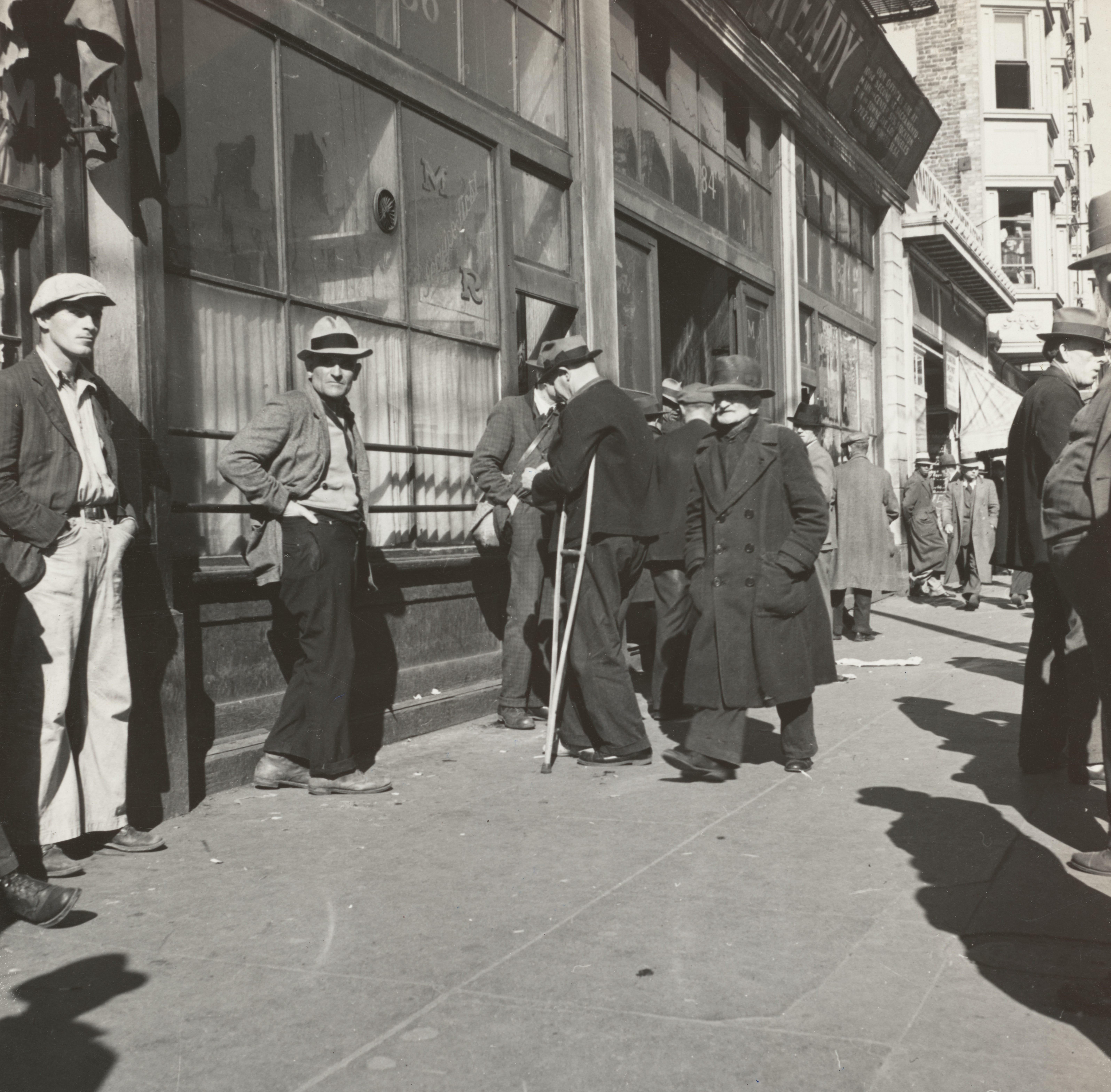Covid and Your Divorce: what now?
Be Patient
Divorce proceedings, including uncontested divorces (which are usually the quickest and least expensive way to get divorced) are taking an extended amount of time because of Covid. Courts are closing intermittently, staff is working in shifts or from home, judges are taking their time getting through civil matters when more pressing criminal matters are also occurring at the same time.
Assemble a team
We have talked about this before but having a team is so important. Having an attorney (which is likely why you’re here), a group of reliable friends, close family, a therapist or counselor (we can’t overstate how important this is) and a financial advisor. All of these people will help you with what is sure to be an enormous change in your personal life especially during a global pandemic like Covid.
Plan for the Unexpected during Covid
There’s a commercial that says, “Life comes at you fast.” That’s extremely true but more so after a divorce. You’ll need to update things like medical directives, wills, life insurance and pension/retirement beneficiaries. These things are increasing important because of Covid.
If you have a medical emergency where someone else will have to make decisions for you, you’ll need to work that out before the divorce is finalized, especially if you have minor children and/or your parents are deceased. You’ll need to appoint a new power of attorney for your affairs and your medical care so there’s no question about your wishes should the unthinkable happen.
You’ll also want to remove your spouse from your will unless your divorce decree specifically leaves property to your spouse in the will. While you don’t have to wait until the divorce is finalized, it’s usually best so everyone has time to work out the finer points of the decree.
Changing beneficiaries is also important. It doesn’t matter who you are married to, beneficiaries on life insurance policies and retirement accounts go to who they are designated to go to and it’s extremely difficult to undo that after someone passes.
Of course if you have minor children that adds other considerations as well. You can likely hash that out in the divorce decree.
Because of Covid, Work the numbers
One of the things you’ll need to look at is how you’re going to pay for your lifestyle now that you’re going to be all on your own. If you’ve been working, you’ll need to ensure that your income will meet your needs since you’ll likely be dropping a source of income. If you haven’t, will the alimony and/or child support be enough or will you need to work as well? Will you be able to afford the house, car, boat, motorcycle, etc. that you’ve been accustomed to. If the answer to that is no, we can help, but that’s a different topic for a different day.
In the end, divorce is hard on everyone, even if it’s uncontested. It’s a major lifestyle change and we encourage everyone to take the necessary steps to come out better on the other side. If you and your spouse have decided that your marriage has run its course but you want to end things in an amicable way, call me. I’ve helped hundreds of people end their marriage with dignity and civility.


